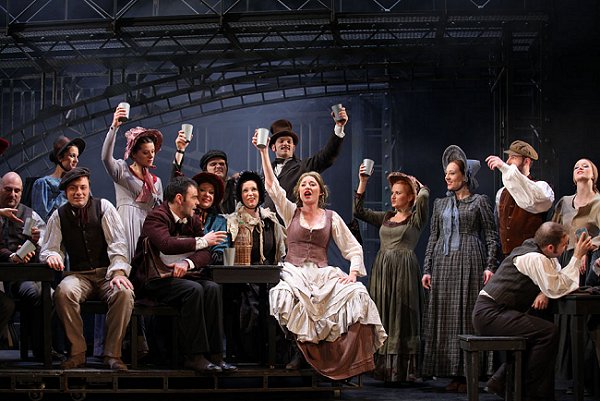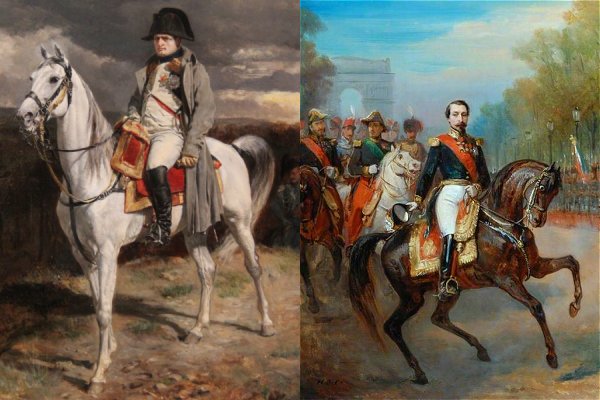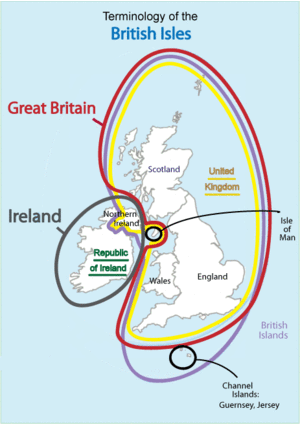Today is the 155th anniversary of the publication of Les Misérables, my favourite French novel ever. Champagne!

Now, it’s nice of the Independent to write a little article about Victor Hugo but a bit of research and accuracy would have helped.
Born in 1802, three-years after Napoleon seized power, he was already famous as a poet, artist and novelist by the time he was 30 and he had had time to study law.
A fierce critic of Napoleon, Hugo fled France after the 1851 coup d’etat that brought Bonaparte to power.
Is it me or do they make it sound like it’s the same Napoléon seizing power twice within a fifty-year period? Is the Independent even aware there were two? (well, technically three).
The one in the second quote is of course Louis-Napoléon Bonaparte, Napoléon I’s nephew who became the second Emperor of the French. The first Napoléon was long dead by then.
After spells in Belgium and Jersey he settled in the smaller Channel Island of Guernsey, where the writer would live for the next 15 years.
It proved to be one of the most productive periods of his life, as Hugo penned his two most celebrated volumes of poetry and most of Les Miserables – which he began in the 1845 but did not complete until 1862.
It means arguably the most famous work of French literature was actually written in Britain.
Guernsey is not part of Britain, in fact it’s not even in the UK. It’s a Crown Dependency.

I suppose I should count my blessings: at least the article doesn’t say Les Mis is set during the French Revolution (yes, I have read this. More than once).
